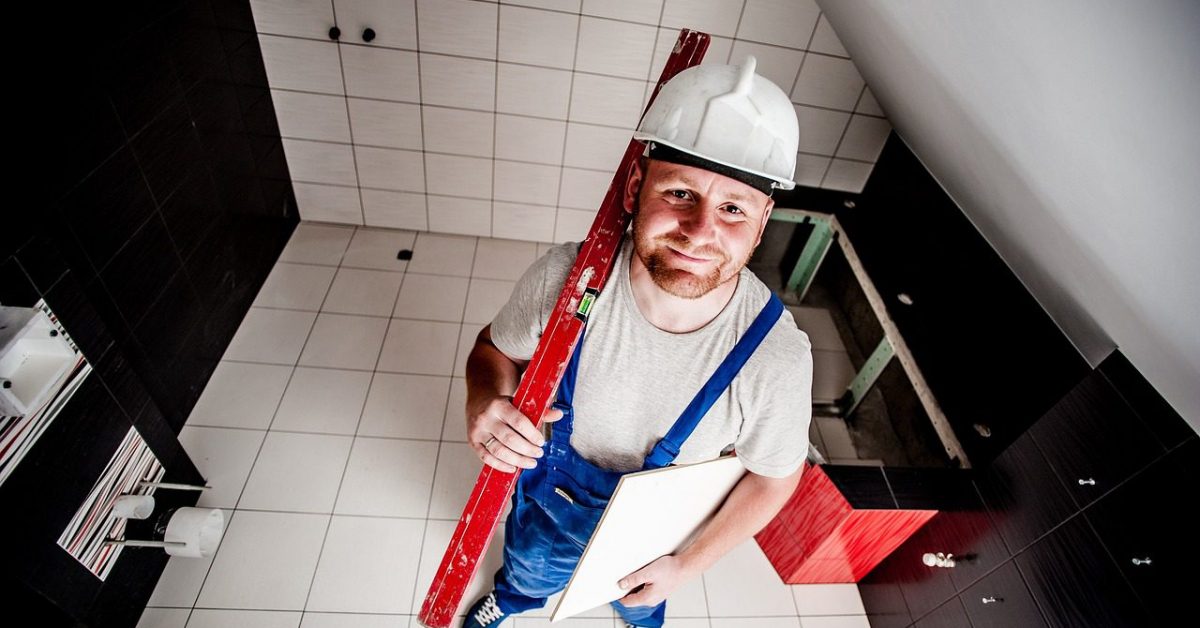The National Association of Home Builders (NAHB) / Wells Fargo Housing Market Index (HMI) rose in July.
Home builder confidence in the market for newly constructed single-family homes rose six points to a reading of 57. NAHB reports that this was the third consecutive rise in the HMI and its highest reading since January 2006.
Three components used in compiling the HMI reading include current sales, which gained five points for a reading of 60. Confidence in prospective buyer traffic rose from 40 to 45, and sales expectations for the next six months rose from a reading of 60 to 67.
HMI: All Regions Post Gains
Regional data reflected gains in builder confidence for all U.S. geographic regions. Regional data is based on a three-month rolling average of builder confidence in each region.
The Northeast gained four points for a reading of 40; the Midwest gained eight points for a reading of 54. The South gained five points for a reading of 50, and the West gained three points for a reading of 51.
Readings of more than 50 indicate that more builders view conditions as good than poor. NAHB Economist David Crowe indicated that growing confidence is driven by factors including lower prices for building materials and more buyers vying for fewer available homes. A shortage of building space and available existing homes is improving markets for new homes.
Housing Starts Decline In June
In spite of growing home builder confidence, housing starts for June fell to their lowest level in nearly a year. Regional weather conditions contributed to the dip in housing starts, which surpassed June 2012 housing starts by 10.40 percent.
June’s housing starts fell to 836,000 on a seasonally-adjusted annual rate, and fell shy of economist’s expectation of 950,000 housing starts. Expectations were based on May’s original tally of 914,000 housing starts, which was revised upward to 928,000 on Wednesday.
Building permits for single family homes moved up by 0.60 percent to a rate of 624,000; this is the highest rate since May, 2008. A significant backlog of unused permits contributed to June’s lower number of building permits issued.
Economists are confident that the housing market continues its recovery, but may face obstacles if the government changes the mortgage interest tax deduction.
Another concern involves the pending “tapering” of the Fed’s quantitative easing program (QE). The QE program, which involves the Fed’s purchase of Treasury securities and mortgage-backed securities (MBS) was designed to support mortgage markets and also helps to keep mortgage rates low.
For specific details on local home building activity in and around Colorado Springs, call us today.

